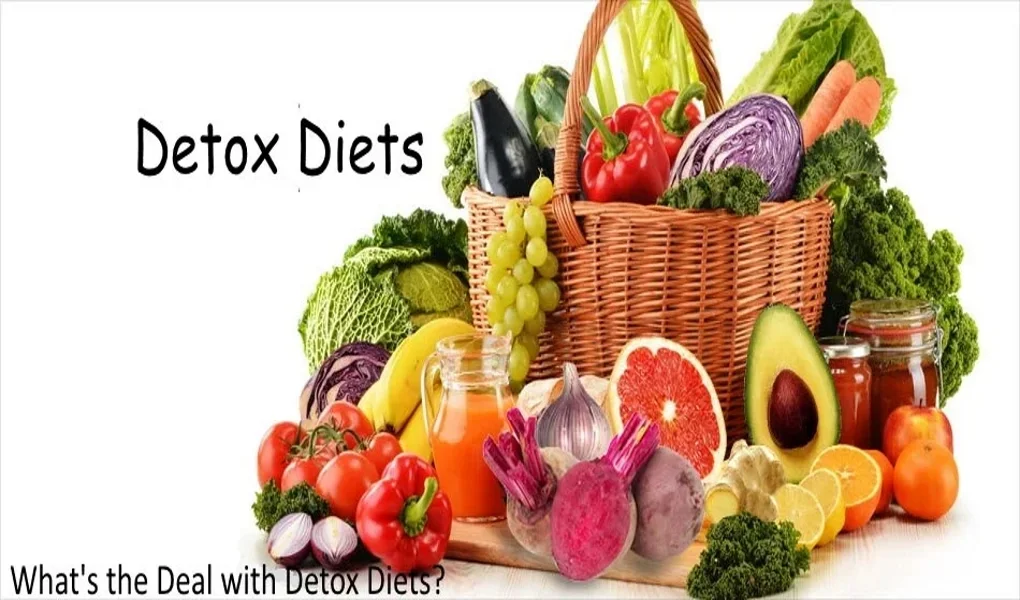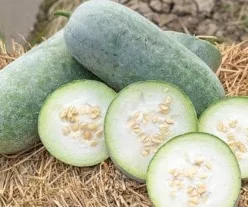What's the Deal with Detox Diets?
What’s the Deal with Detox Diets?
Detox diets are all the rage these days, but what are they really? Do they work? Are they healthy? We did some research and here’s what we found out.
In the most generic form, a detox diet is any type of diet where there is a particular focus on cleansing the body of toxins, or chemicals that have accumulated in the body over time.

Typically, it involves removing as many potentially harmful foods from the diet as possible, while consuming plenty of healthy, nutrient-rich foods and liquids.
Aside from the slight difference in terminology, there are several types of detox diets that are popular today.
Liquid Detox Diet This is one of the most common detox diet types there is, and it can be very effective in ridding the body of toxins.
It involves consuming nothing but nourishing liquids and can be done for as little as a few days, or for as long as you like.
There is no one specific liquid detox plan that works for everyone. No two people are exactly alike, so this type of detox will likely be a bit different for everyone. juice cleanses
Detox Diets: How the Body Detoxes Naturally
Detoxification is a 24-hour process that your body does by absorbing essential nutrients from food. During this process, toxins are transformed and eliminated from the body.
They can be divided into two broad categories: toxins that the body produces during normal metabolism and toxins that come from outside and are ingested through food, drink, breath, or skin.
Endogenous toxins include lactic acid, urea, and waste products from gut microbes. External toxins include pesticides, mercury from seafood, lead from exhaust fumes and air pollution, and chemicals from tobacco products, drugs, and alcohol.
Detoxification is also the process by which substances are metabolized and eliminated from the body. Toxins are potentially harmful and must be metabolized and eliminated through urine, feces, breath, or sweat.
A person’s ability to detox varies and is influenced by environment, diet, lifestyle, health status and genetic factors.
However, when the amount of toxins a person is exposed to exceeds the body’s ability to eliminate them, the toxins accumulate in fat cells, soft tissues and bones and can adversely affect health.
Methods to support capacity are used, but further research is needed. Most detox programs recommend avoiding highly processed or sensitive foods such as dairy, gluten, eggs, peanuts, and red meat.
They also recommend eating mostly organic vegetables and fruits, gluten-free whole grains, nuts, seeds, and lean protein. It is dangerous for some people because it can inhibit the detoxification process of the body. For this reason, many naturopathic doctors advise against this practice.
Although many laymen claim to be experts in detoxification, there is currently insufficient research to support the use of this method.
Additionally, detox programs vary and can be dangerous for some people (e.g: people with health problems, eating disorders, taking multiple medications, pregnant women, breastfeeding women… etc).
Ways to support your body's natural detoxification process.
Supporting a detox doesn’t have to be a rigid plan. Any or all of the following may support the body’s natural detoxification process
- Eat fiber daily from vegetables, fruits, nuts, seeds, and whole grains to support regular bowel movements.
- Stay hydrated with clean water.
- Eat 5 to 9 servings of fruits and vegetables daily.
- Eat cruciferous vegetables such as broccoli and Brussels sprouts, berries, artichokes, garlic, onions, green onions, and green tea. They support the detoxification process.
- Eat enough lean protein, which is essential for maintaining optimal levels of glutathione, the body’s main detoxification enzyme.
Ask your doctor about multivitamin/multimineral supplements to make up for deficiencies in a healthy diet. Or consult a nutritionist.


